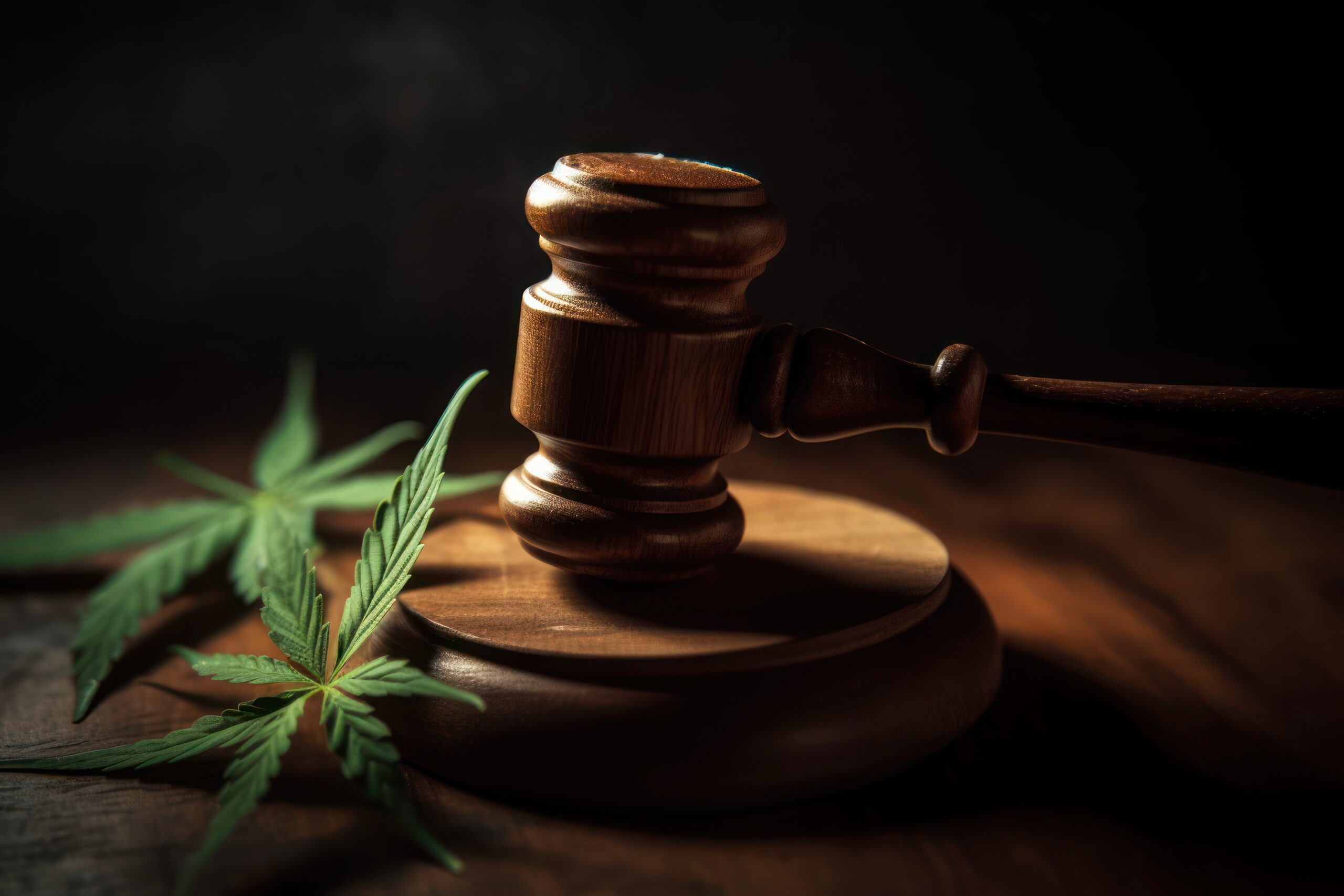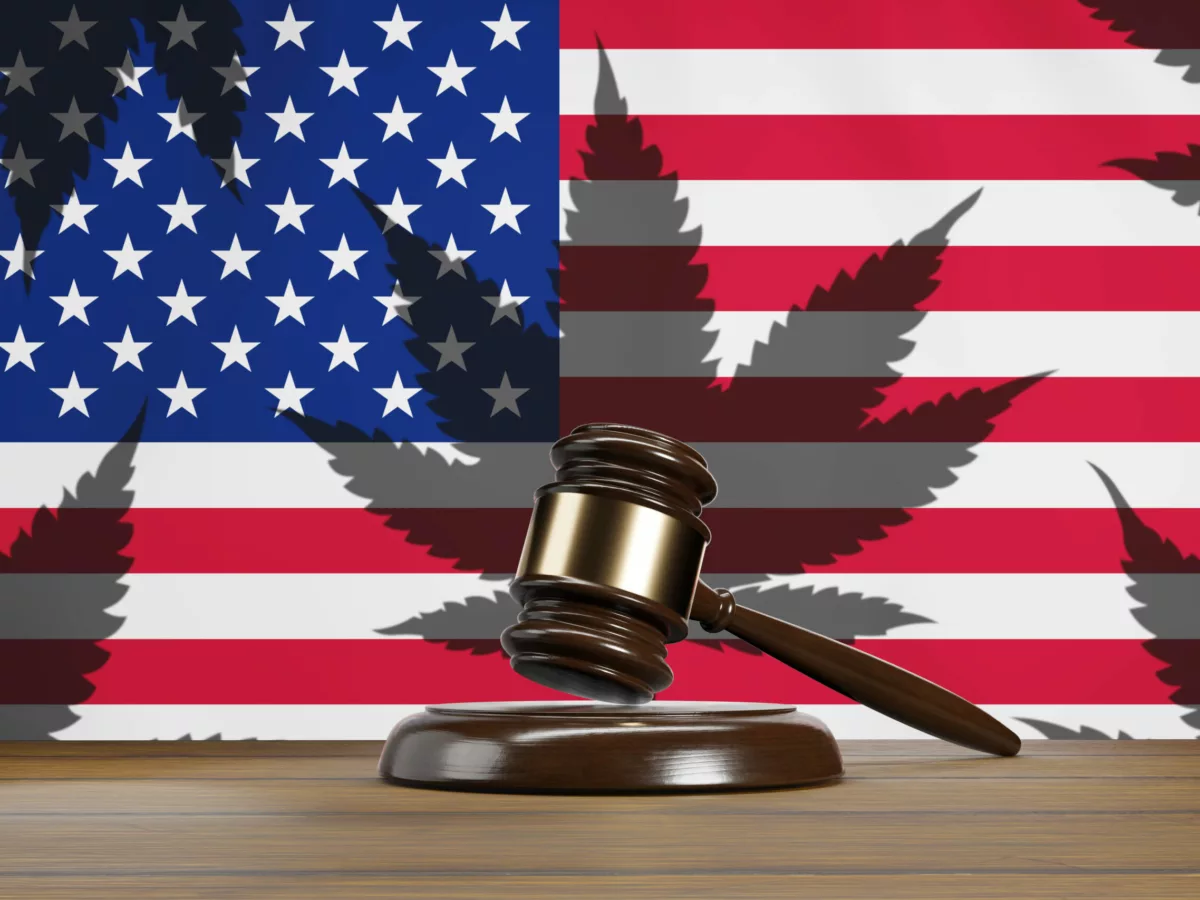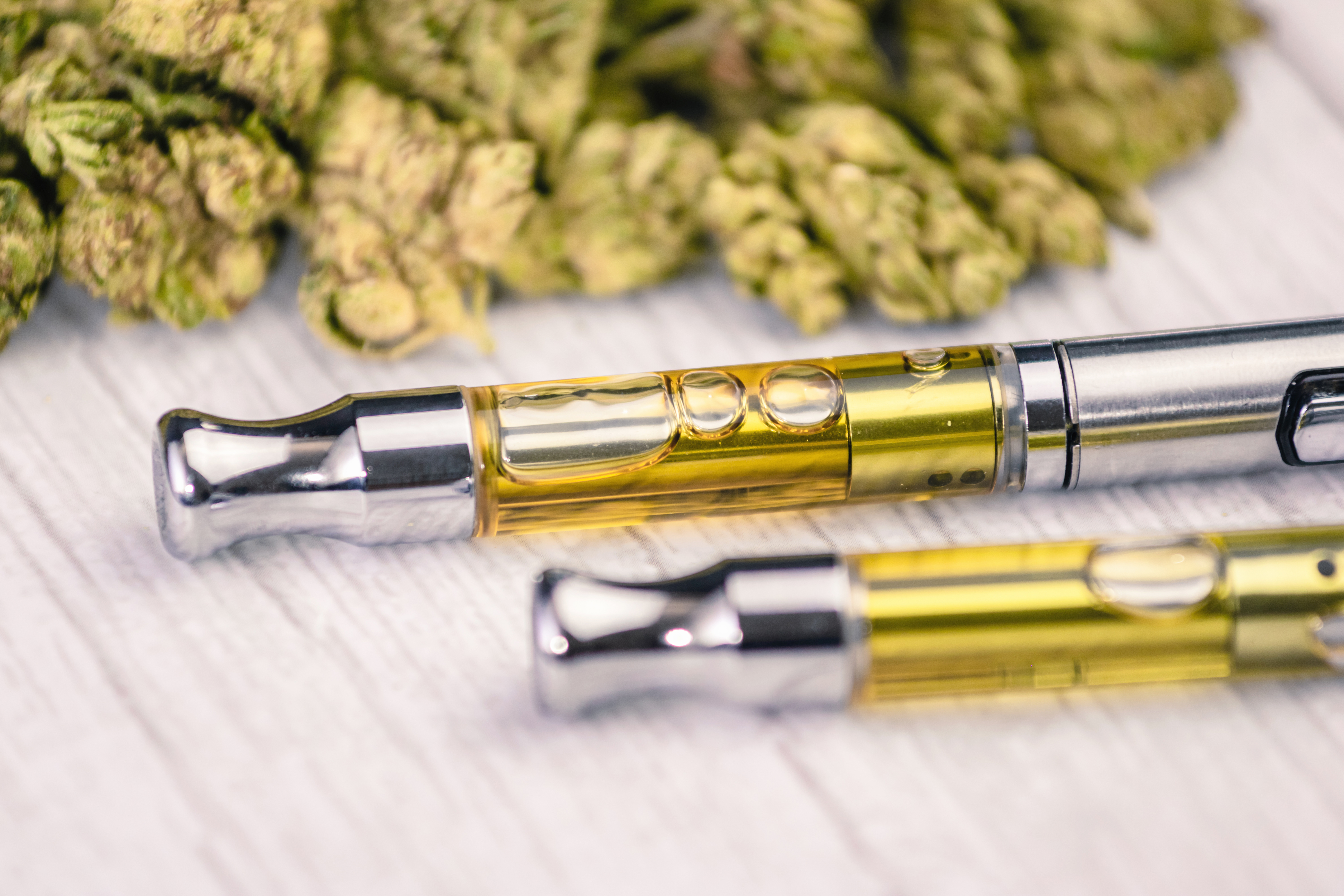D.C. Council unanimously passed emergency legislation to significantly ramp up enforcement against unlicensed cannabis shops on Wednesday, June 25, 2024.
The legislation comes amid a struggling medical market with dozens of new retail locations set to open by this winter. Currently, there are only ten medical retail locations open in the city.
The new bill allows D.C.’s regulatory agency to immediately start closing and seizing illegal products from unlicensed stores.
The Regulated Cannabis Association of the District of Columbia (RCADC), a newly formed trade association for medically licensed and placarded operators, wrote in a statement to The Outlaw Report that it “commends the Council for passing today’s bill, which puts real teeth in [the Alcohol Beverage and Cannabis Administration’s] enforcement effort and commitment to support the city’s legal operators.”
RCADC wrote that it is “a critical time” for legal operators in the District and that a delay or failure of enforcement could be “catastrophic.”
“The legal market may collapse if legal operators can no longer absorb the financial losses of continuing to wait for enforcement,” RCADC wrote in its statement.
D.C. has had a thriving gray market for cannabis that followed a quasi-legal gifting model since Initiative 71 passed in 2014. The initiative allowed the gifting of small amounts of cannabis without monetary exchange.
Hundreds of businesses set up dispensaries selling out-of-state underground market weed throughout the city. They exploited the loophole and D.C.’s inability to set up an adult-use market due to Congress. The “gifting” shops thrived in the last few years as crime enforcement priorities shifted and a safe harbor law prevented enforcement for most of the last year.
The medical cannabis market expansion that started in 2023 gave I-71 shops a chance to transition to legal medical dispensaries. But the majority chose not to transition and began facing enforcement in March.
Despite enforcement efforts, ABCA has struggled to close gray market dispensaries over the last three months. The agency delivered dozens of warning letters, but some stores simply reopened and continued operating.
With the impending market expansion and poor medical sales numbers, D.C. needed more power to shut down unlicensed cannabis shops if it wanted to avoid following New York’s example. The state struggled to curb unlicensed shops, which tanked its legal market.
New York City, the epicenter of unlicensed shops, recently initiated “Operation Padlock to Protect,” which allowed law enforcement to immediately padlock and close 75 stores within the first week of operation.
ABCA investigators will now be able to conduct unannounced inspections of unlicensed cannabis retailers and close them immediately.
“To respond to the threat to the health or safety of the public posed by unlicensed establishments, ABCA needs clear statutory authority to summarily close those businesses and seize any cannabis contraband,” the bill states.
Two amendments were added to expand the reasons for padlocking a shop, including the distribution of Schedule 1 substances, any violent crime occurring on the premises, and an employee, owner or agent of the business possessing unlawful firearms.
The legislation also extended conditional medical license holders’ timeline to find locations for their businesses by another year. The bill goes into effect immediately, meaning that D.C.’s unlicensed shops could face closure as soon as tomorrow.
RCADC wrote that “aggressive enforcement and support” will allow legal operators in D.C. to become an economic driver for the city. But it also warned that new operators who qualified for social equity and invested into their businesses may end up with generational debt instead of generational wealth if efforts to quell the unlicensed market are not successful.






